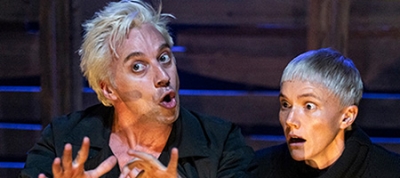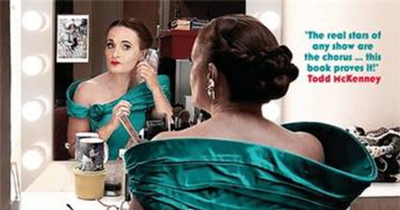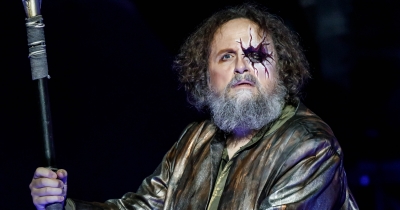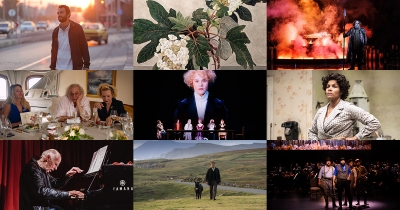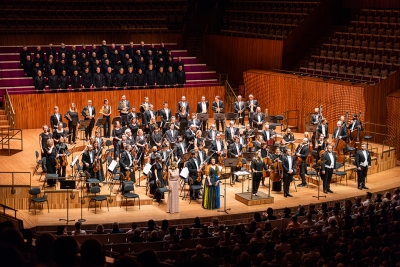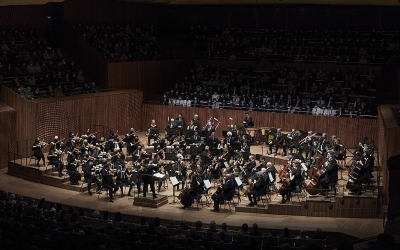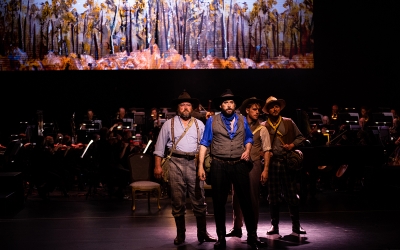Accessibility Tools
- Content scaling 100%
- Font size 100%
- Line height 100%
- Letter spacing 100%
Michael Halliwell
No Autographs, Please!: A backstage pass to life in the chorus – the stars who take their bow from the second row by Katherine Wiles
To celebrate the year’s memorable plays, films, television, music, operas, dance, and exhibitions, we invited a number of arts professionals and critics to nominate their favourites.
... (read more)Picture the scene …
A space. Empty. A fall of white ash which covers all surfaces, enveloping in a fine whiteness. A party of futuristic explorers trudge through the frozen steppes. They are in the colours of artificial, twenty-first century Antarctic wear – bright red, yellows oranges. they come across a figure, buried in the whiteness, near to death, frozen. It is a girl, dressed in nineteenth-century clothes – sepias, browns, deep greens. They warm her, wrap her in insulative blankets. She begins to stammer out her story, a fantastic tale …
... (read more)To celebrate the year’s memorable plays, films, television, music, operas, dance, and exhibitions, we invited a number of arts professionals and critics to nominate their favourites.
... (read more)Understandably, the focal point of musical interest in Sydney in recent months has been Bennelong Point, more specifically the newly revamped Concert Hall at the Opera House. Central here has been the Sydney Symphony Orchestra under the new leadership of Simone Young, offering a series of wide-ranging and exhilarating concerts. But there has been other music making. Sydney’s indefatigable Sydney Chamber Opera has not been idle, and Friday saw the première of Awakening Shadow, an intriguing new/old work by Australian expatriate composer, Luke Styles, It comprises a melding of original music by Styles that enfolds the five Canticles of Benjamin Britten (1913–76).
... (read more)Over the years, the demise of the solo art song recital has often been predicted, yet the format lives on, sometimes reflecting new approaches and variations on tried and tested practices, but generally remaining within the parameters of a singer and pianist in evening wear on an empty stage. It evolved from informal house concerts in Europe in the late eighteenth century, probably reaching its ‘standard’ setting in the mid to late nineteenth century in the German-speaking lands in a form known as the Liederabend (song evening) ...
... (read more)In the program for the première of Voss in Adelaide in 1986, David Malouf observed:
... (read more)No libretto can reproduce the novel from which it is drawn. A novel, especially a great one, is itself: unique, irreplaceable. The best a libretto can do is reproduce the experience of the book in a new and radically different form, allowing the form itself to determine what the experience will be.

